Overview
National College of Computer Studies (NCCS) is a Tribhuvan University–affiliated institution in Paknajol, Kathmandu, offering bachelor-level programs in Information Technology and Management, including BSc CSIT, BCA, BITM, BBM, and BHM. Since 1999, the college has focused on practical learning, industry awareness, and community engagement so students can progress from classroom knowledge to workplace skills with clarity and confidence.
NCCS College serves Nepali and international learners who seek reliable IT and management education in the Kathmandu Valley. The campus sits on about 5 ropanis and provides well-equipped computer labs, hospitality training labs, a library with print and digital resources, and indoor–outdoor activity spaces. These facilities support coursework, projects, and student initiatives across technology and business disciplines.
The college follows TU curricula and standards. Teaching is supported by classroom instruction, guided labs, case discussions, seminars, and mentorship. A research and development wing helps students turn ideas into workable projects. NCCS Online, the college’s digital platform, supports communication, scheduling, and collaboration for coursework and clubs.
Quick Highlights
-
Established: 1999
-
Affiliation: Tribhuvan University (TU)
-
Location: Paknajol, Kathmandu
-
Programs: BSc CSIT, BITM, BCA, BBM, BHM
-
Academic Areas: IT, Computer Applications, Business, Hospitality
-
Learning Mode: Lectures, labs, projects, seminars, case work, presentations
-
Facilities: Computer labs, hospitality training labs, library (print + digital), classrooms with AV, indoor/outdoor sports, cafeteria
-
Student Support: Advising, counseling, student clubs, events, NCCS Online for coordination
Academic Programs Offered
NCCS runs TU-affiliated undergraduate programs. Key points below help readers compare aims, study areas, and the usual entry route. Final rules follow TU policies for the intake year.
BSc in Computer Science and Information Technology (BSc CSIT) – 4 Years
-
Aim: Strong grounding in computer science and applied IT.
-
Study Areas: Programming, data structures, algorithms, operating systems, networking, databases, web technologies, information security, AI basics, project work.
-
Entry: 10+2 Science or equivalent with Mathematics; TU IOST CSIT entrance and selection.
Bachelor of Information Technology Management (BITM) – 4 Years
-
Aim: IT knowledge with business process understanding.
-
Study Areas: Information systems, basic analytics, project and process management, e-business, database foundations, networking fundamentals, organizational studies.
-
Entry: 10+2 or equivalent; selection under TU guidelines for the intake year.
Bachelor of Computer Application (BCA) – 4 Years
-
Aim: Application development and system administration skills.
-
Study Areas: Programming paradigms, data structures, web and mobile development, database administration, UI/UX basics, system administration, project work.
-
Entry: 10+2 or equivalent; TU FOHSSB BCA entrance and merit list.
Bachelor of Business Management (BBM) – 4 Years
-
Aim: Management education for roles in finance, marketing, HR, and operations.
-
Study Areas: Principles of management, accounting and finance, business communication, marketing, organizational behavior, business analytics fundamentals, internships/projects.
-
Entry: 10+2 or equivalent; TU CMAT followed by program-specific selection steps.
Bachelor of Hotel Management (BHM) – 4 Years
-
Aim: Hospitality knowledge with hands-on service practice.
-
Study Areas: Food production, bakery and confectionery, food and beverage service, front office, housekeeping, hospitality marketing, cost control, events, internships and on-campus practicals.
-
Entry: 10+2 or equivalent; TU rules and internal procedures at the time of admission.
Admission Process
1) Review eligibility - Check TU criteria for your chosen program. Science and Mathematics are required for some IT courses. BBM needs CMAT. BCA has a dedicated FOHSSB entrance. BHM follow TU policy for the applicable year.
2) Sit for entrance/selection
-
BSc CSIT: TU IOST entrance.
-
BCA: TU FOHSSB entrance.
-
BBM: TU CMAT and internal steps.
-
BHM: Selection per TU rules and college notices.
3) Submit application - Collect the form and follow deadlines. Prepare transcripts, character certificate, photos, and citizenship or passport copy. Add any program-specific documents if asked.
4) Confirm seat and fees - Check the official fee structure and payment plan. Ask about scholarships that match your profile.
5) Attend orientation - Learn about academic calendars, lab access, internships, code of conduct, and use of NCCS Online.
Teaching Faculty and Learning Methodology
Faculty members come from computing, business, and hospitality backgrounds. Classes move from concepts to practice through guided steps. Students work on assignments that ask for clear documentation, version control, data handling, and service standards.
Learning methods include lectures, labs, case work, seminars, and presentations. IT courses focus on programming tasks, database queries, system setup, and small sprints that prepare students for the capstone. Hospitality students train in kitchen, bakery, restaurant service, housekeeping, and front office rooms. Group study and clubs support peer feedback and presentation skills.
Infrastructure and Learning Facilities
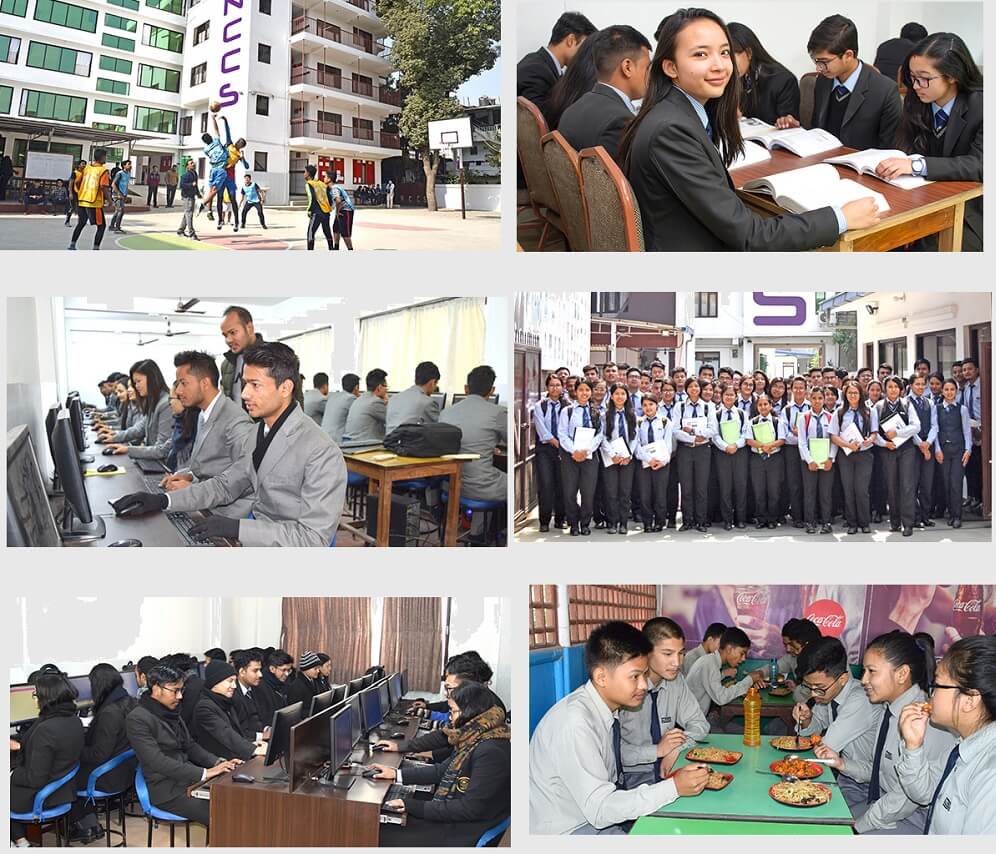
Classrooms and AV - Rooms support projection, code demos, and guest lectures. Teachers use visual examples to explain logic, data flow, and service procedures.
Computer labs - Labs host programming practices, database labs, basic networking, and deployment exercises. Students receive supervised time for projects and course tasks.
Hospitality training spaces - BHM uses food production kitchens, bakery and confectionery labs, training restaurant and bar service areas, housekeeping labs, and front office practice rooms.
Library and online access - Students can use textbooks, reference titles, journals, and past papers. A hybrid approach offers both in-house reading and selected online resources.
Sports and recreation - Basketball, cricket, table tennis, pool, and indoor games help students stay active. Clubs also run debates, speaking events, and themed days.
Cafeteria and common zones - The cafeteria provides meals and a place to meet. Shared areas host study groups and club planning.
Accommodation support - On request, the college shares information on nearby housing options and local transport.
Student Life and Campus Experience
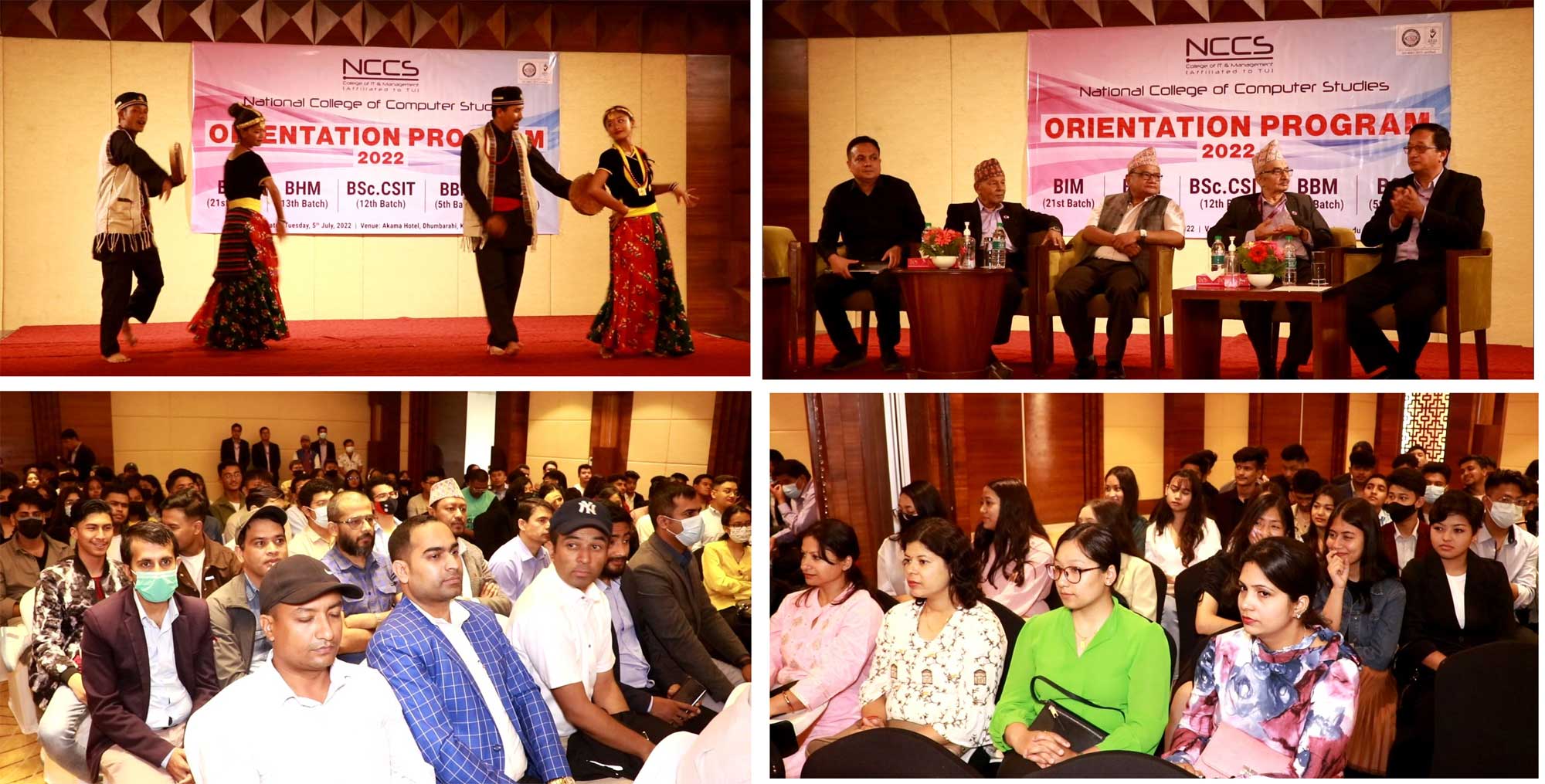
Campus life blends study with community events. Clubs plan tech talks, coding circles, and project showcases. Guest speakers discuss software roles, data handling, entrepreneurship, and service management. Mini-meets and exhibitions allow students to present work and collect feedback.
Many activities focus on communication and teamwork. Students help organize events, volunteer in outreach, and run small forums. These tasks build planning skills and a sense of responsibility.
Extracurricular Activities (ECA)
-
Coding circles, tech talks, and project showcases
-
Debates, elocution, and public speaking practice
-
Business case discussions and student-run workshops
-
Culinary practice events and service simulations for BHM
-
Sports: basketball, cricket, table tennis, indoor games
-
Cultural programs and themed events
-
Community service and awareness activities
Scholarships and Financial Support
Scholarships follow TU and college policies for the given intake. Students can inquire about:
-
Merit-based support: Linked to entrance or semester performance under current rules.
-
Need-based consideration: As per the guideline and available quota.
-
Reserved categories: If applicable in the session’s notice.
-
External schemes: TU, government, or partner notices circulated when open.
Applicants should read the latest scholarship announcement, send documents within the deadline, and maintain any required academic standing.
Achievements and Institutional Milestones
-
Academic operation since 1999 with steady growth in IT, business, and hospitality offerings.
-
Expansion of labs for computing and on-campus practicals for BHM.
-
Formation of a research and development wing to guide student projects.
-
Use of an online platform to coordinate classes, clubs, and schedules.
-
Regular seminars and talks that connect course topics with workplace expectations.
-
Sports and cultural programs that build campus participation.
Why Choose This Institution?
-
TU-recognized programs: Degrees under established university frameworks.
-
Choice of pathways: BSc CSIT, BITM, BCA, BBM and BHM for different interests.
-
Hands-on practice: Labs, projects, and training rooms linked to course outcomes.
-
Experienced teachers: Classroom guidance supported by field exposure.
-
Facilities that matter: Computer labs, hospitality rooms, hybrid library, sports areas, and a cafeteria.
-
Active student clubs: Events that build teamwork, writing, speaking, and planning skills.
-
Central location: Paknajol campus with access from across the valley.
-
Support services: Advising, counseling, and information on internships and field visits.
-
Community mindset: Value education and social engagement through campus activities.
Conclusion
NCCS offers TU-affiliated undergraduate study in computing, management, and hospitality on a Kathmandu campus with labs, training spaces, and student forums. The academic plan links theory with practice through projects and supervised practicals. Clubs and events give space for presentation, teamwork, and community work. Students seeking clear structures, accessible facilities, and steady guidance can find a grounded path into early career roles in IT services, business operations, and hotel and tourism services.
Contact National College of Computer Studies (NCCS)'s administrative office for detailed information on the course, admissions, location, fees, scholarships, facilities, counseling, or eligibility.
Contact Details
National College of Computer Studies (NCCS)
Email Address: info@nccs.edu.np
Phone Number: +977-1-4251711, +977-1-4228807, +977-1-4267866, +977-1-4268221
Website: http://nccs.edu.np
Location: Paknajol, Kathmandu, Nepal


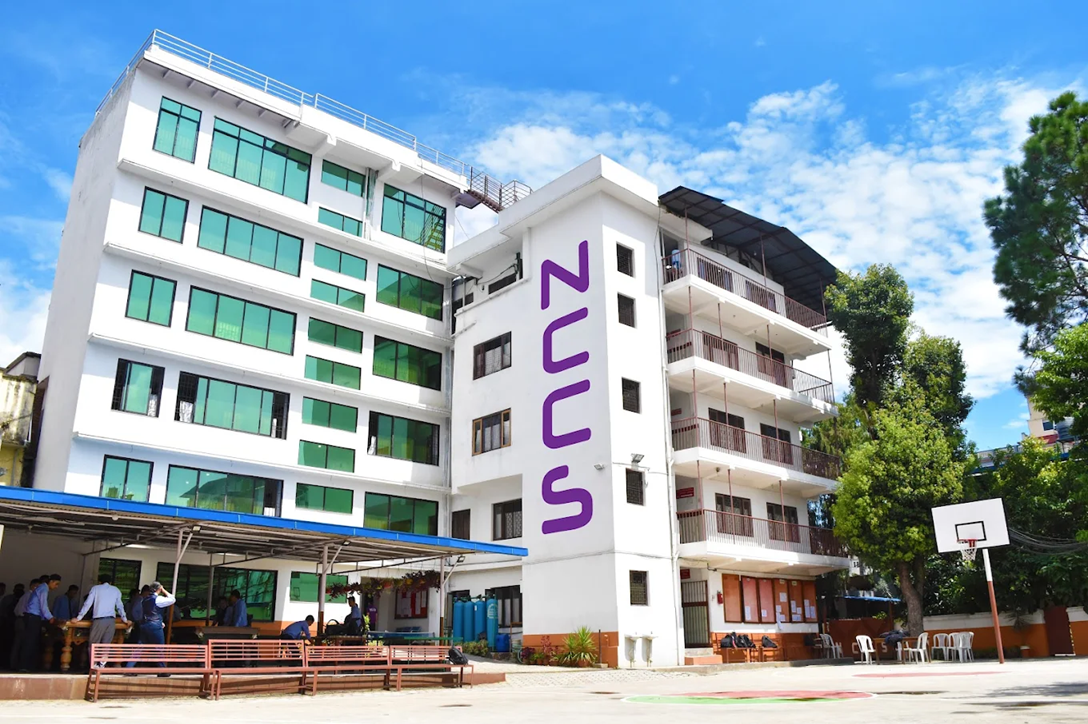





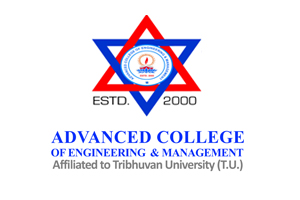



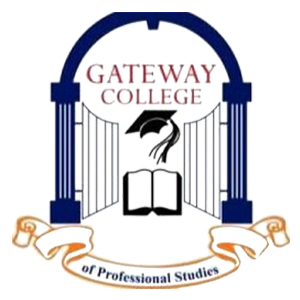
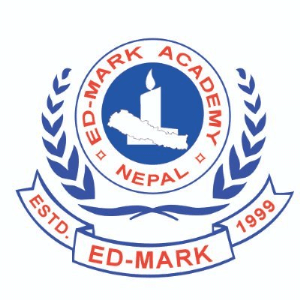










You need to login to comment.